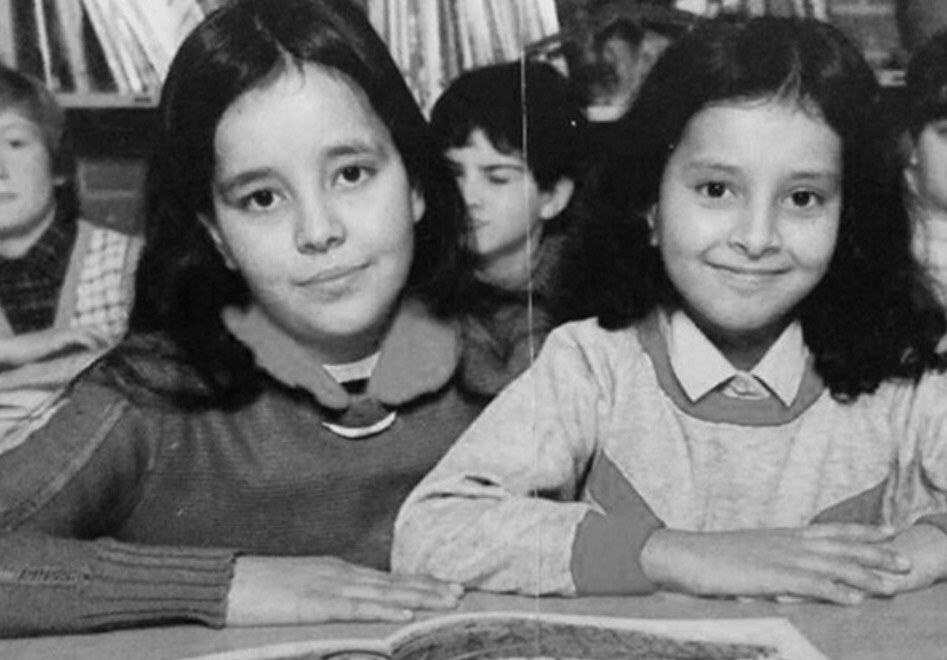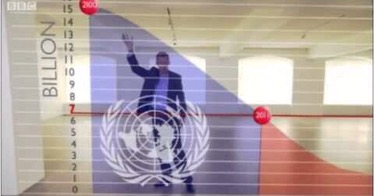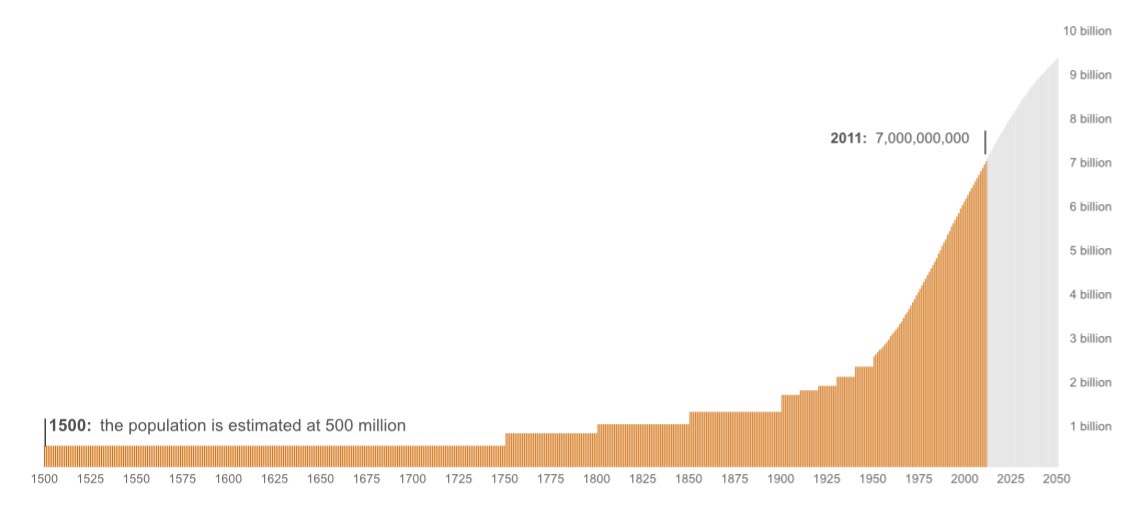My perosonal favourite quote is ‘Nothing is impossible’. I know this is true.The impossible just takes a bit longer to achieve.
There are many stories to tell about people achieving the impossible. It is all about people. People change the world.
Here is another great story for you.
The girl on the left is herding sheep in Morocco. The woman on the right is the same girl 20 years later, as France’s minister of education.
We live in a time when the whole world is debating whether immigrants are good for the host country or not. France’s Minister of Education and Research Najat Belkacem is an inspiration to everyone who believe truly that even the people who have had poor childhood can succeed. Najat Belkacem was born in a village of Nador in 1977. Nador is a small village in the countryside in Morrocco.
How can you break the spirit of a woman who has worked hard tooth and nail to get where she is? The answer? You just cannot.
Her father was in France and had a job as a construction worker and asked Najat and his family to move to France with him. She studied hard and graduated from the Paris Institute of Political Studies in 2002. As young she went in to politics and started fighting for citizen rights, affordable housing and against discrimination.
- She was elected as a councilwoman in Rhone Alpines and stayed in office till 2008.
- In 2008, she was elected as the Council General of the Rhone department and was well recognized in politics by then.
- In 2012, she was appointed as Minister of Women’s Rights and spokeswoman for the government under president Hollande.
- And finally in 2014, she was elected as the Minister of Education.
Najat is a Moroccan Muslim French minister who herded sheep in her childhood. Because of her background and her place of birth and religion, she has been a sweet target for all the regressive sexist and racist comments conservative politicians can throw at her.
How can you break the spirit of a woman who has worked hard tooth and nail to get where she is? The answer? You just cannot.

“Never stop dreaming, and never stop working hard for your dreams. You never know what you can become.”
They all have names. Zlstan Ibrahimovic supports the World Food Programme.
805 million people are suffering from hunger today. They all have names. The world needs us, it needs your help.
Let us feed the world. It is time for change.
When I was born I was the 32 61 459 054th person on Earth and 77 110 430 412 people have lived on Earth until today.
My dear Bangladeshan friend Etheshamul Hoque has directed me towards a very interesting article and campaign at BBC in UK. It is a very interesting initiative about the development of mankind, existencial issued – and statistics.
Now Etheshamul comes from lne of the largest countries in the world both in relation to population and size – and I do not. Sweden is big at size but only have ten million people.

The world’s population is expected to hit seven billion in the next few weeks. After growing very slowly for most of human history, the number of people on Earth has more than doubled in the last 50 years. With a series of articles and reports BBC want to explain and show us the magnitude of this historicmoment.
BBC has developed a number generator to show where we fit in. Where do you fit into this story of human life? Fill in your date of birth below to find out.
If you want to check out where you fit in the history of people, check here: Link to the BBC site for 7 billion










You must be logged in to post a comment.